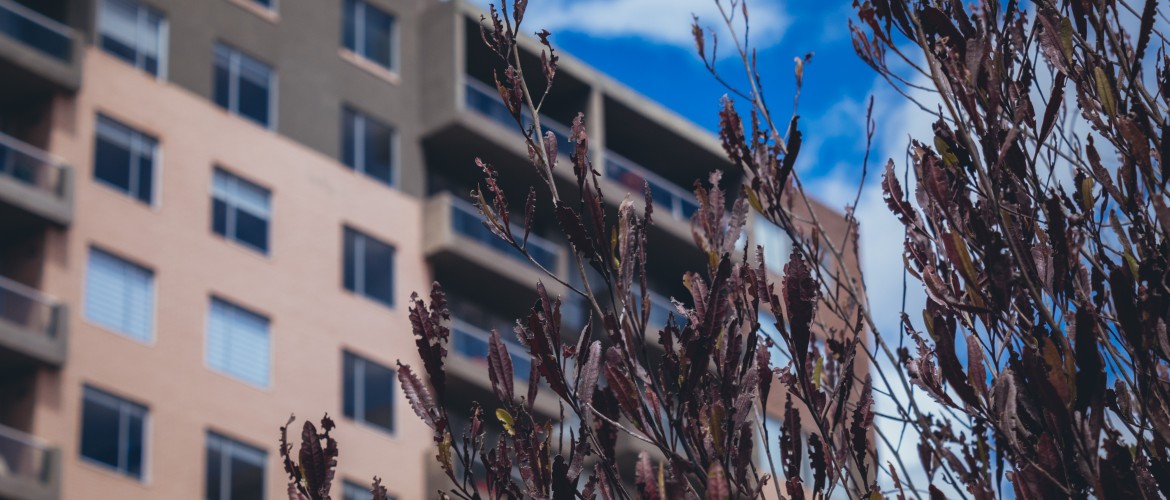Ljubljana has been implementing energy efficiency measures in public housing, aligning with its broader efforts to make the city more resilient to climate change. These initiatives are part of the city’s Sustainable Energy Action Plan (SEAP).
The city has undertaken widespread retrofits of public housing buildings, focusing on improving thermal insulation, window upgrades, and more efficient heating systems. Their programme includes solar thermal installations for hot water in multi-family residential buildings. Financial incentives and EU funding have been instrumental in making these upgrades accessible to lower-income residents.
Retrofitting older public housing improves energy efficiency and reduces energy bills, which can buffer low-income populations from energy price volatility and extreme weather conditions. The focus on solar thermal energy and energy efficiency lowers carbon emissions and creates more self-sustaining housing units.
Ljubljana’s approach to retrofitting public housing and focusing on social equity within the climate resilience framework is a good practice for mid-sized cities with a significant portion of public housing. The Slovenian experience has been shared with the other EU cities participating in the REBECEE programme (Alingsas, Amsterdam, Kiel, Riga, Tallinn, Sofia and Vilnius).
More information:
Ljubljana’s Public Housing Fund
Social housing and low carbon transitions in Ljubljana, Slovenia



